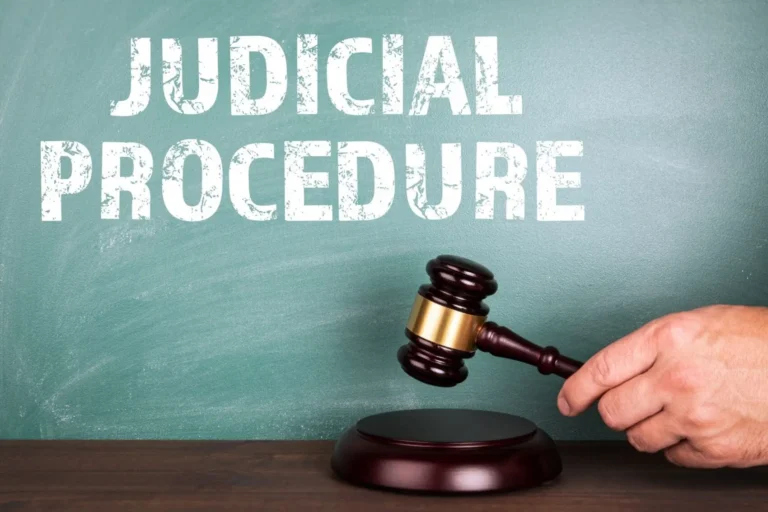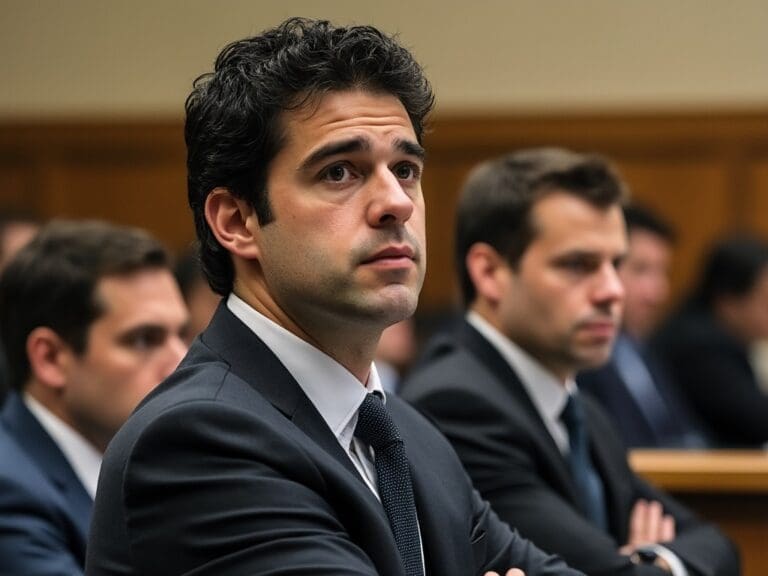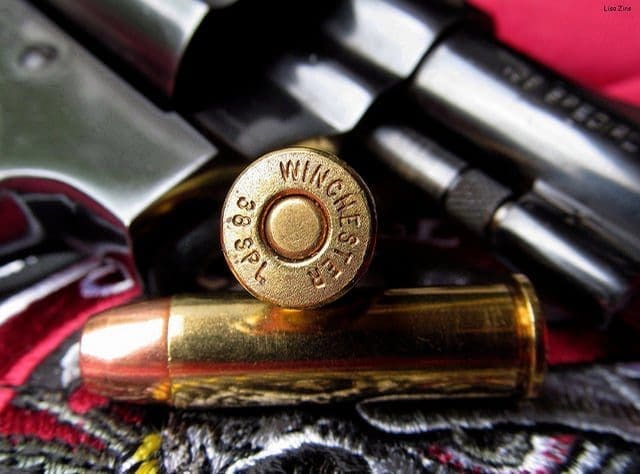Gun Charges

Understanding Gun Charges: A Comprehensive Exploration
Gun charges are complex legal scenarios interwoven within broader societal debates around firearm ownership and safety. Grasping the nuances requires delving into the intricate legal fabric, understanding precedent-setting cases, and acknowledging the global stance on such issues.
The Spectrum of Gun Charges
Gun charges can span a vast continuum:
- Unlawful Possession: Holding a firearm without the necessary permits.
- Trafficking: Illegally selling or distributing firearms.
- Use in Criminal Activity: Using a gun to commit another crime, intensifying the charges.
- Minor in Possession: Minors unlawfully holding firearms.
Expert Interview: Attorney James Whitman
James, a specialist in gun-related offenses, notes, “The subtleties in firearm laws mean that similar incidents can result in different charges based on very minute details. Knowing these nuances is pivotal for defense.”
Case Analysis: The State vs. Albert Knox
A benchmark in gun charge cases, Albert Knox was charged with possession, trafficking, and using firearms in criminal activities. This case opened conversations about the intertwining of multiple gun-related charges and their cumulative implications.
Implications Across State
While the Second Amendment protects gun rights, individual states dictate specific laws. Texas, with its open-carry laws, contrasts starkly with California’s stringent regulations.
International Stance: U.S. vs. U.K
The U.S.’s gun charge regulations differ markedly from the U.K., which has some of the strictest gun control laws worldwide, making illegal possession almost an unequivocal offense.
Interview with Ex-Offender: Mark O’Donnell
Recounting his past, Mark highlights the challenges he faced due to a minor gun charge. “The legal implications were profound, but the societal ramifications were even steeper.”
Testimonial Linda, a mother, shares, “My son faced gun charges due to sheer ignorance. Understanding the legal maze was essential for his defense.”
Recent News on Gun Charges
Recent debates on gun control laws have seen firearm offenses becoming central discussions, especially with increasing gun-related incidents in schools and public places.
Conclusion
Gun charges, complex yet profoundly influential, shape both legal jurisprudence and societal norms. To navigate this maze, an in-depth comprehension, coupled with expert insights, is indispensable.
_______________________________________
Understanding Criminal Law on Gun Charges: Laws, Penalties, and Defense Strategies
Gun charges are a serious matter in the realm of criminal law, encompassing a wide range of offenses related to the possession, use, sale, or trafficking of firearms. These charges often carry severe penalties under both state and federal laws, making it crucial for individuals to understand their rights and legal options. In this comprehensive guide, we delve into the intricacies of criminal law on gun charges, examining the relevant statutes, potential consequences, and effective defense strategies.
Introduction: Criminal law on gun charges covers a broad spectrum of legal issues pertaining to firearms, including but not limited to unlawful possession, possession by prohibited persons, illegal sale or transfer, firearm trafficking, and the use of firearms in the commission of other crimes. These charges vary in severity depending on factors such as the type of offense, the jurisdiction in which it occurred, and the defendant’s criminal history. Understanding the nuances of gun charge laws is essential for anyone facing such allegations or seeking to prevent legal troubles related to firearms.
Key Aspects of Criminal Law on Gun Charges:
- Types of Gun Charges: Explore the various categories of gun charges, including:
- Possession of a firearm by a convicted felon or other prohibited persons.
- Unlawful possession of firearms in restricted areas, such as schools or government buildings.
- Illegal sale or transfer of firearms without proper licensing or background checks.
- Trafficking firearms across state or international borders.
- Using firearms in the commission of other crimes, such as robbery or assault.
- Applicable Laws and Statutes: Gain insights into the federal and state laws governing gun charges, including:
- The Gun Control Act of 1968, which regulates the firearms industry and imposes restrictions on certain categories of individuals from owning or possessing firearms.
- State-specific firearms statutes, which may impose additional regulations or penalties beyond federal law.
- Case law precedent and legal interpretations that shape the application of gun charge laws in practice.
- Penalties and Consequences: Understand the potential repercussions of gun charges, which may include:
- Incarceration in state or federal prison.
- Fines and financial penalties.
- Loss of firearm ownership rights.
- Probation or parole supervision.
- Enhanced penalties for repeat offenders or aggravated circumstances.
- Defense Strategies: Learn about effective defense strategies for fighting gun charges, such as:
- Challenging the legality of the search or seizure leading to the discovery of the firearm.
- Asserting constitutional rights violations, such as unlawful arrest or interrogation.
- Disputing the ownership or possession of the firearm.
- Presenting evidence of lawful use or justification for possessing the firearm.
- Negotiating plea deals or pursuing alternative sentencing options.
Conclusion: In conclusion, navigating the complexities of criminal law on gun charges requires a comprehensive understanding of applicable laws, potential penalties, and effective defense strategies. By arming yourself with knowledge and seeking competent legal counsel when needed, you can protect your rights and work towards a favorable outcome in cases involving gun-related offenses. Remember, the stakes are high in such matters, making informed decision-making paramount to safeguarding your future.



